As Boris Johnson faced the possibility of a no-confidence motion earlier this year, a large number of Tory MPs decided they would neither back him nor sack him. ‘Wait until the local elections,’ they said. The Prime Minister was chosen as party leader not because of popularity among his political peers (he has never commanded much loyalty in the Commons) but because he was seen to be the best at winning elections. If he lost his touch with voters, surely that would be proof it was time for a change?
There is an obvious problem with this reasoning. Local election results in the United Kingdom have always been a poor gauge of confidence in the prime minister. Different seats are up for grabs at different times, and the question voters are asked is who should run the local council, not who should run the country.
Do voters want a Labour-run council to be deposed? If so, then a tactical vote for the Liberal Democrats is often the best bet. Or vice versa. In Northern Ireland, voters have far graver concerns than which Tory occupies No. 10.
One of the biggest problems facing the Conservatives is not keeping the Red Wall but losing the ‘Blue Wall’ – Tory voters are tired, not just of partygate, but of being taxed at a 70-year high by a PM who presented himself as a tax-cutter. Yet few of the Tory shire councils have held elections, so we won’t learn very much about the extent of that disgruntlement. We see a Conservative party which is just six percentage points behind in national opinion polls: a pretty small deficit given that it is facing two by-elections due to a sexual offence and a sexual misdemeanour committed by its MPs. When John Major’s government was fighting sleaze allegations it was at one stage 40 points behind. The Tories have been in far deeper scrapes.
The way ahead, however, is clear. If the Conservatives want to win a further term in office they need to focus on one thing above all others: the cost of living. If the government can improve the economy and make people feel better off in two years’ time then it will at least have a chance of re-election. If it cannot, it is doomed – and deservedly so. In 2024, Boris Johnson will not be able to profit from an anti-Corbyn vote. Nor can he hope to win on the back of culture-war issues which, while they excite Westminster and the metropolitan middle classes, have little traction beyond.
Normally when political debate shifts on to the economy the Conservatives are in a strong position, but Johnson and Rishi Sunak have together squandered this advantage. The party lost its claim to be taken seriously on future tax promises by breaking its manifesto pledge not to increase National Insurance. Trust has been sacrificed to raise just £6 billion – a sum that could easily have been found by savings elsewhere. The tax rise stands as one of the government’s biggest mistakes.
As a result, Labour has even managed to establish itself as the ‘low tax party’ in some opinion polls. This might seem preposterous from an historical perspective, but this is now the experience of voters. Neither Gordon Brown nor Denis Healey grabbed as much of other people’s money as Sunak is doing. And this isn’t (as claimed) to repair the damage done by Covid. The extra tax is intended to protect the inheritance of already wealthy families by subsidising their future care-home costs.
Johnson was elected on the promise to ‘Get Brexit Done’. He now needs to show the whole point of that exercise – using Brexit to Britain’s advantage. Immigration is being better managed, but successes there are eclipsed by his failure to control small-boat crossings. And where are the benefits of the post-Brexit trade deals, supposed to make life cheaper? As Australia’s outgoing high commissioner warns, protectionism is still rife in Whitehall. The Little Englanders are winning.
As fuel bills start to come in, the refusal to remove the 5 per cent VAT is striking. This was one of the advantages of Brexit most cited by the Leave campaign: to be freed from the compulsion to impose VAT on items we don’t want to levy it on. The costs of house-building have been driven up by banning the use of lower-taxed ‘red’ diesel on construction sites. There is no improvement in the bureaucracy that holds up planning decisions. And why has stamp duty not been lowered on a permanent basis to encourage downsizing and greater fluidity in the housing market? Add to that the cost of net zero – and more than two years into a Johnson government with a large majority, it is surprisingly hard to think of many firm reasons to vote Tory.
There are other pro-growth moves a Johnson government could make. A temporary suspension of tariffs on some foods would not only cut costs for consumer, it would show other countries that we are serious about freeing up trade, which in turn could spark negotiations for new trade deals.
Johnson admitted this week that the government has not done enough to tackle the cost of living. These local elections may succeed in jolting him to focus single-mindedly on the cost of living. But if the elections lead only to more drift, the Tories will have a tough decision in front of them.
Got something to add? Join the discussion and comment below.
Get 10 issues for just $10
Subscribe to The Spectator Australia today for the next 10 magazine issues, plus full online access, for just $10.
You might disagree with half of it, but you’ll enjoy reading all of it. Try your first month for free, then just $2 a week for the remainder of your first year.

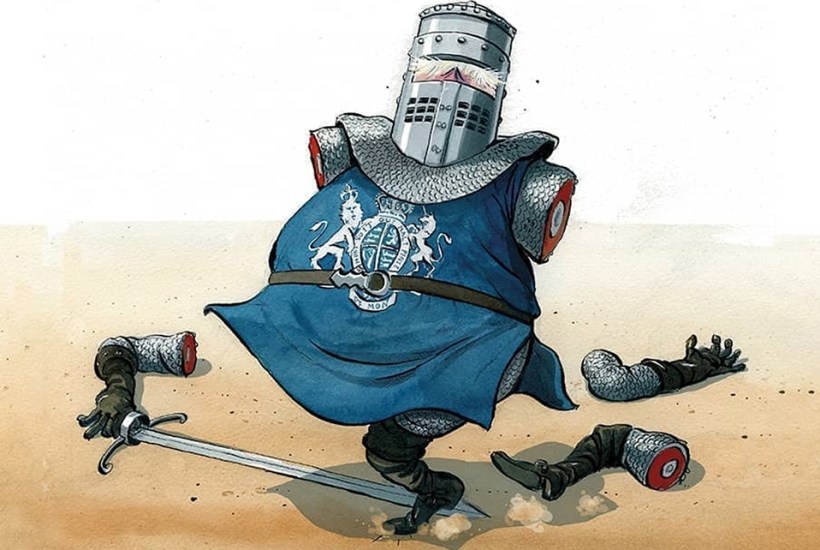
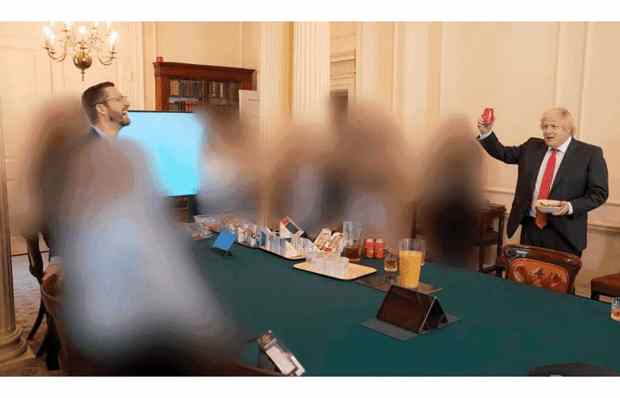
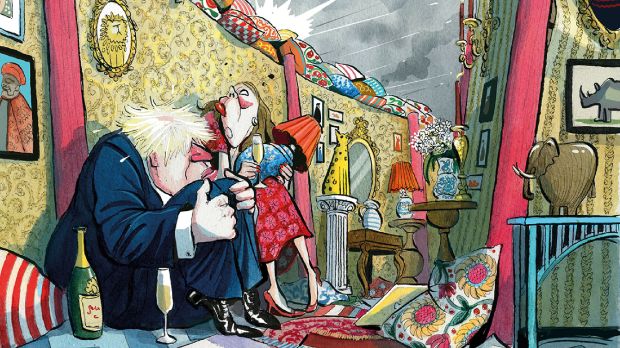
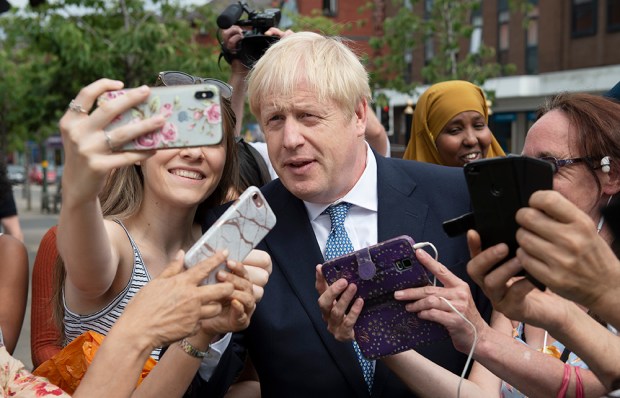
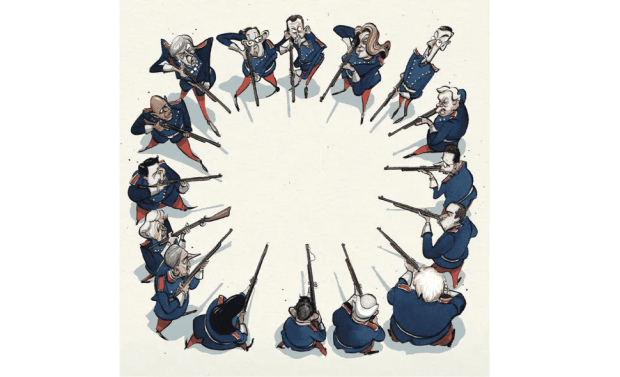








Comments
Don't miss out
Join the conversation with other Spectator Australia readers. Subscribe to leave a comment.
SUBSCRIBEAlready a subscriber? Log in